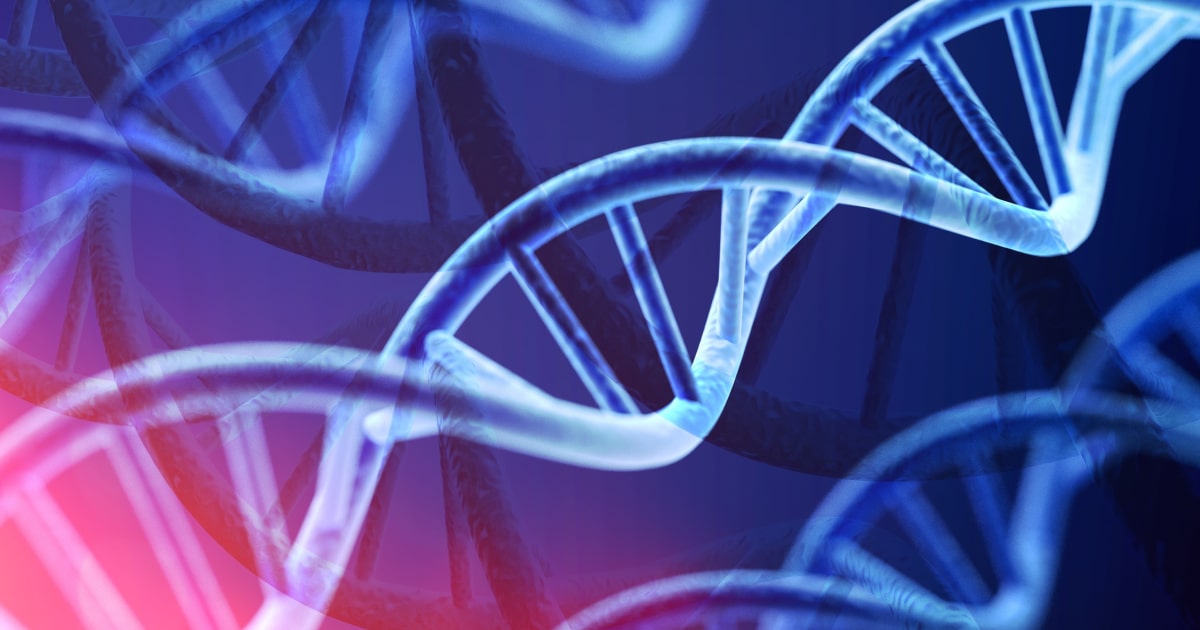
Expert Reviewed By: Dr. Brandon Colby MD
Intrahepatic cholestasis is a group of liver disorders characterized by the disruption of bile flow within the liver. ABCB4-related intrahepatic cholestasis refers to a subset of these conditions caused by mutations in the ABCB4 gene. This article will explore the various manifestations of ABCB4-related intrahepatic cholestasis, the role of genetic testing in diagnosis, and potential therapies for these conditions.
Understanding ABCB4-Related Intrahepatic Cholestasis
The ABCB4 gene plays a crucial role in the transport of phosphatidylcholine, a component of bile, across the liver cell membranes. Mutations in this gene can lead to a variety of hepatobiliary diseases, including progressive familial intrahepatic cholestasis type 3 (PFIC3), gallstones, and intrahepatic cholestasis of pregnancy (ICP) [1].
Progressive Familial Intrahepatic Cholestasis Type 3 (PFIC3)
PFIC3 is a rare autosomal recessive disorder that primarily affects children. It is characterized by persistent cholestasis, jaundice, pruritus, and progressive liver disease, often leading to liver failure and necessitating liver transplantation [2].
Gallstones
ABCB4 mutations have also been associated with an increased risk of gallstone formation. The reduced secretion of phosphatidylcholine can lead to the formation of cholesterol crystals, which can eventually develop into gallstones [1].
Intrahepatic Cholestasis of Pregnancy (ICP)
ICP is a pregnancy-related liver disorder that typically presents in the third trimester. Affected women may experience pruritus, jaundice, and elevated liver enzymes. ICP is associated with an increased risk of adverse pregnancy outcomes, including preterm birth and fetal distress [3].
Diagnosing ABCB4-Related Intrahepatic Cholestasis
Diagnosis of ABCB4-related intrahepatic cholestasis typically involves a combination of clinical examination, laboratory tests, and imaging studies. However, genetic testing is becoming increasingly important in confirming the diagnosis and guiding treatment decisions [4].
Genetic Testing for PFIC3
Genetic testing can help confirm a diagnosis of PFIC3 by identifying pathogenic variants in the ABCB4 gene. A recent study identified 14 novel ABCB4 variants in pediatric patients with PFIC3, highlighting the importance of genetic testing in diagnosing this rare disorder [2].
Genetic Testing for Gallstones and ICP
While genetic testing is not routinely used to diagnose gallstones or ICP, it can be helpful in cases where a family history of ABCB4-related intrahepatic cholestasis is present. A case report described a novel heterozygous deletion variant of the ABCB4 gene in a Chinese family with ICP, neonatal hyperbilirubinemia, and cholelithiasis, emphasizing the potential role of genetic testing in these conditions [3].
Potential Therapies for ABCB4-Related Intrahepatic Cholestasis
Currently, there is no cure for ABCB4-related intrahepatic cholestasis. Treatment strategies focus on managing symptoms and preventing complications. For PFIC3, liver transplantation may be necessary in severe cases. In ICP, delivery of the baby often leads to resolution of the condition. Research is ongoing to explore potential therapies targeting the underlying genetic defects, such as gene therapy or pharmacological chaperones [1].
In conclusion, understanding the role of the ABCB4 gene in intrahepatic cholestasis is crucial for accurate diagnosis and management of these conditions. Genetic testing is an important tool in confirming the diagnosis and identifying novel pathogenic variants. As research continues to uncover the complex mechanisms underlying these disorders, new therapeutic strategies may emerge to improve the lives of those affected by ABCB4-related intrahepatic cholestasis.
About The Expert Reviewer
Dr. Brandon Colby MD is a US physician specializing in the personalized prevention of disease through the use of genomic technologies. He’s an expert in genetic testing, genetic analysis, and precision medicine. Dr. Colby is also the Founder of and the author of Outsmart Your Genes.
Dr. Colby holds an MD from the Mount Sinai School of Medicine, an MBA from Stanford University’s Graduate School of Business, and a degree in Genetics with Honors from the University of Michigan. He is an Affiliate Specialist of the American College of Medical Genetics and Genomics (ACMG), an Associate of the American College of Preventive Medicine (ACPM), and a member of the National Society of Genetic Counselors (NSGC)